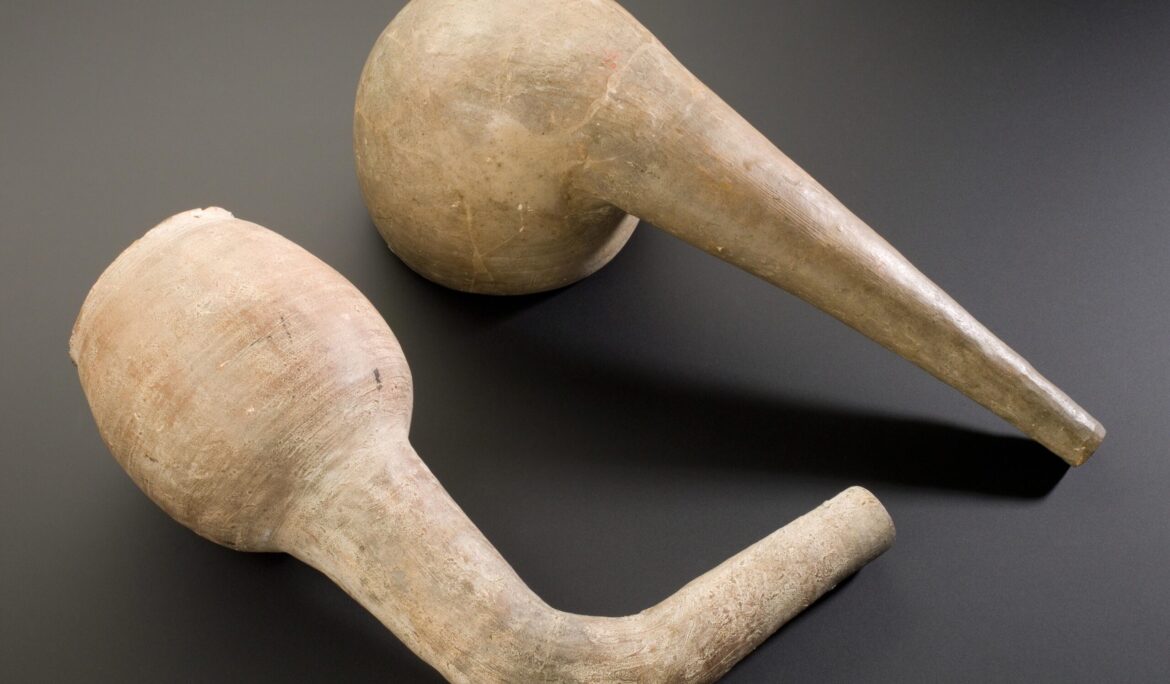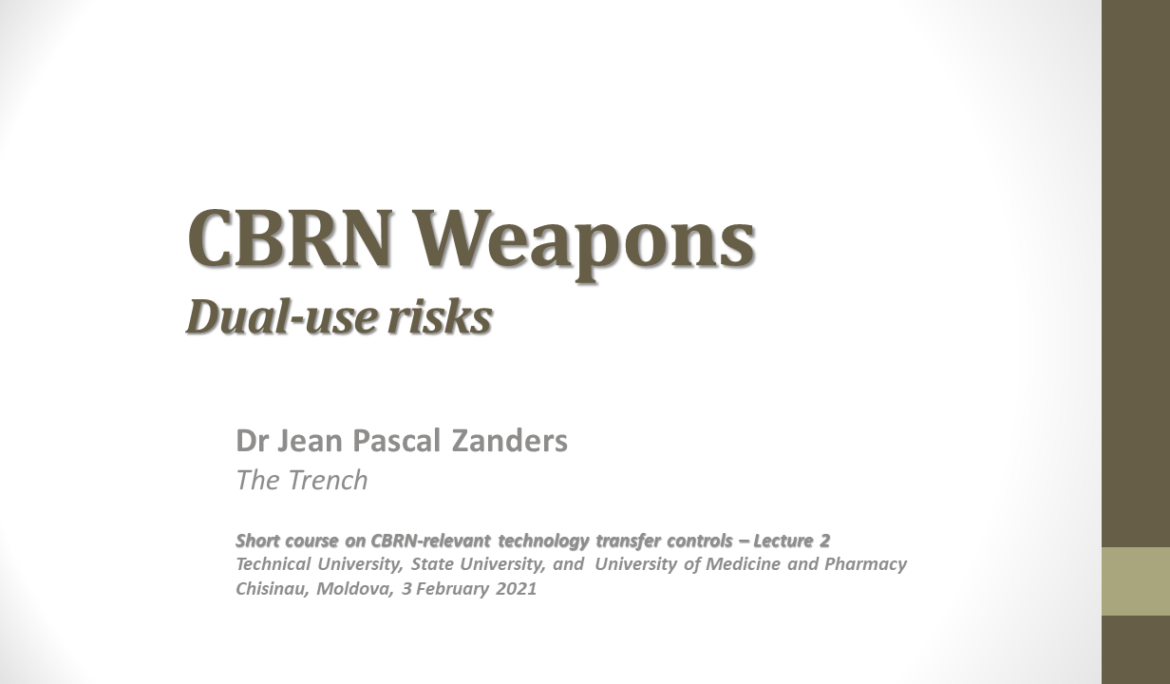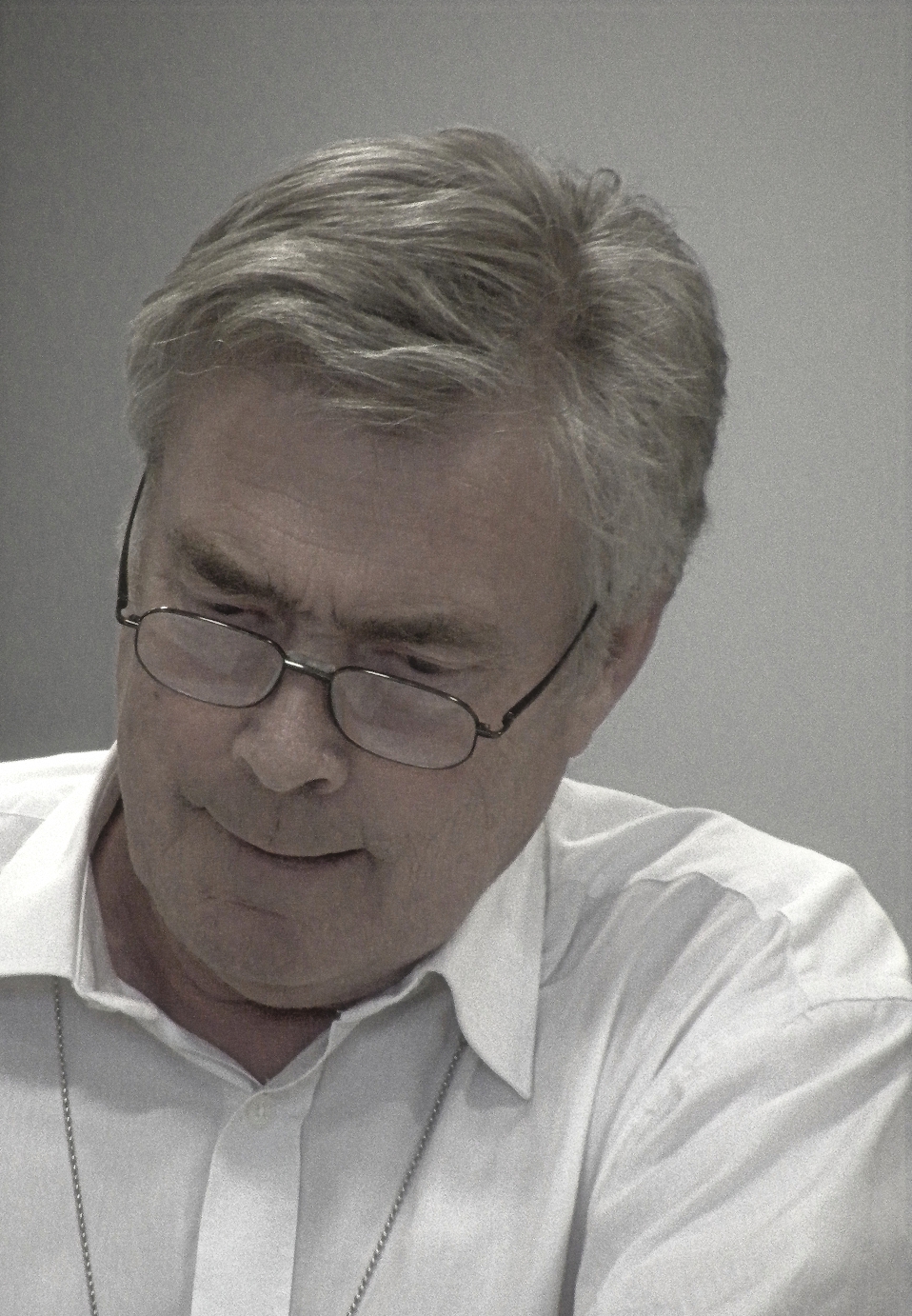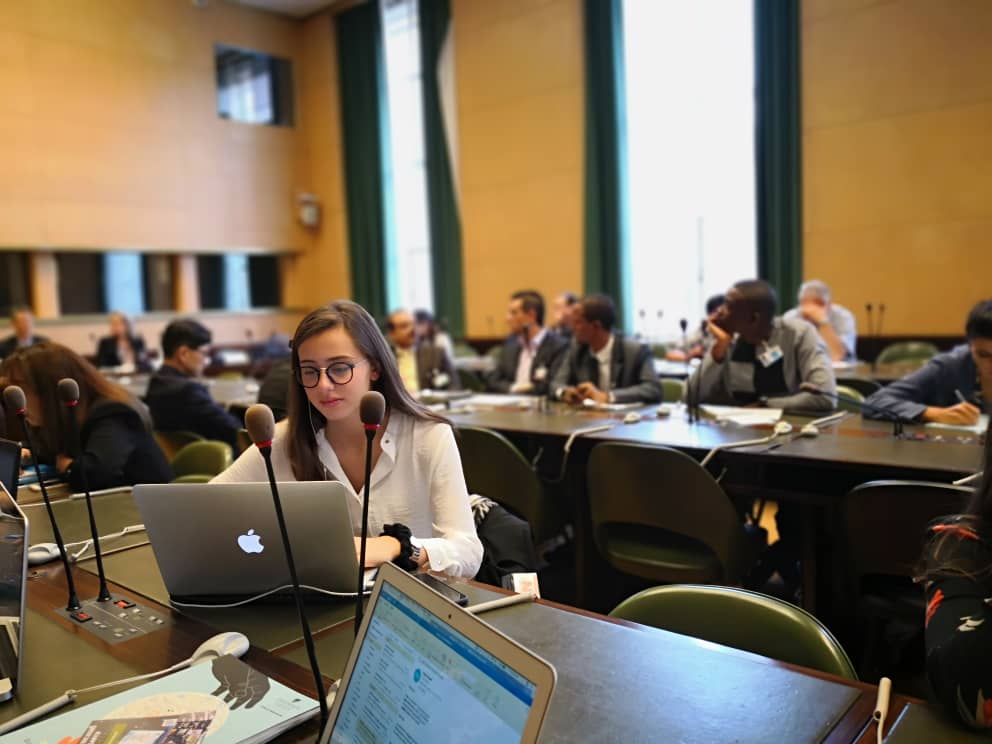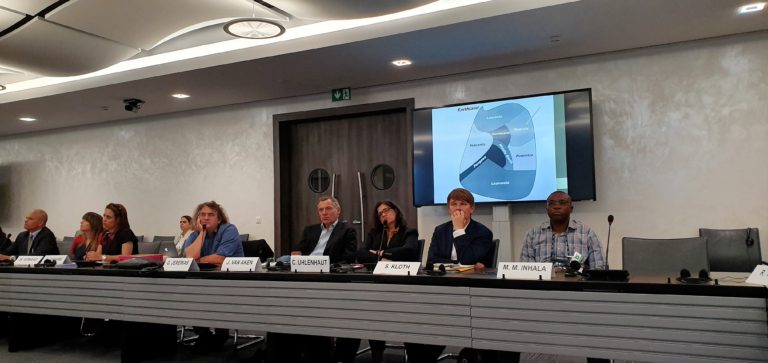Announcement: BWC Advanced Education Course
[Applications open until 29 September] State Parties, particularly from the Global South, often lack the resources, knowledge, and expertise to participate in the Biological Weapons Convention (BWC) diplomatic process more meaningfully. To address this challenge, UNIDIR, Diplo Foundation and FRS are organizing the BWC Advanced Education Course (BWCedu). The course will equip key stakeholders – government officials in capital with responsibilities in BWC implementation, aspiring and active diplomats and life scientists working on BWC issues and biological threats – with the essential knowledge, skills and expertise to actively participate in the BWC diplomatic process and thus contribute to a stronger …
Education for disarmament and non-proliferation
Building a culture of responsibility: education for disarmament and non-proliferation Journal of Strategic Trade Control, Special Issue, Vol. 2 (September 2024) I am honoured to have been invited to contribute to the Special Issue of the Journal of Strategic Trade Control (JoSTC) focussed on Training programs to counter current and emerging biological and chemical proliferation risks: themes, practices, and lessons learnt. Between January 2018 and December 2023, I was involved in the design, development and implementation of a master’s course on dual-use technology transfer control, which was implemented in Central Asia through the International Science and Technology Centre (ISTC) and …
Verification and Transparency: Learning from Project Coast
Introduction to Historical Notes, Issue #5 The fifth issue of the Historical Notes series was prepared by Professor Brian Rappert, Ms Lizeka Tandwa and Dr Chandré Gould. The South African Defence Force (SADF) established a top-secret chemical and biological weapon (CBW) programme code-named ‘Project Coast’ that operated between 1981 and 1995. Its primary aims were to develop a defensive capability for the SADF and weaponise chemical agents for crowd control, specifically during protests, and for the targeted assassinations of political activists in and outside of South Africa. The history and motives of this CBW programme, as far as it can …
The Retort: Evolving CBW disarmament challenges
Dr Brett Edwards (Lecturer, University of Bath) and Professor Lijun Shang (School of Human Sciences, Metropolitan University London) are collaborating on The Retort, a new series of educational video recordings via YouTube on chemical and biological weapons (CBW), their disarmament, and the evolving threats they still pose. The recordings aim to give the public a general understanding of issues ahead of the review conferences of the Biological and Toxin Weapons Convention (28 November – 16 December 2022) and the Chemical Weapons Convention (May 2023). For each video recording, the intiative takers invite an expert in the field. So far, three …
Education on CBRN-relevant dual-use technology transfers in Moldova
The Science and Technology Centre in Ukraine (STCU) just published a summary of the short virtual course on CBRN-relevant dual-use technology transfers I taught in Moldova on 2 – 5 February. The course was another step in the project to design, develop and teach a full master’s course on export controls and technology governance for the GUAM countries (Georgia, Ukraine, Azerbaijan, and Moldova). As I described in a previous blog post, the educational initiative forms part of a larger Targeted Initiative funded by the European Commission that is implemented through the STCU and International Science and technology Centre (ISTC) in …
JPPR – The 4 letters that shaped my career
Dazed. Shocked. Stunned. Does any one of these words even begin to convey my reaction when around noon on 23 April I received the phone call informing me of Julian’s passing, having lost the battle against COVID-19 the night before? When I entered the field of chemical and biological warfare in 1986, his name immediately stood out. Julian Perry Robinson, a name immediately associated with the Stockholm International Peace research Institute (SIPRI) and the University of Sussex, near Brighton in the south of England. Our first encounter was in 1989. In hindsight, it was unsurprisingly at a workshop bringing together …
Preparing the 4th CWC Review Conference: Education & Outreach
Role of education and outreach in the prevention of the re-emergence of chemical weapons For consideration by the Open-Ended Working Group preparing the Fourth Review Conference of the Chemical Weapons Convention at its ninth meeting Dr Jean Pascal Zanders Chairperson OPCW Advisory Board on Education and Outreach (ABEO) 30 May 2018 [PDF Version] The Advisory Board on Education and Outreach (ABEO) is a subsidiary organ of the Organisation for the Prohibition of Chemical Weapons (OPCW). Its members, together and individually, represent a wide range of education and outreach (E&O) expertise and experience. Besides strategic and practical advice to the OPCW …
Disarmament education: Road-testing a master’s course on CBRN dual-use technology transfer controls
From 17 until 28 June I ran an Executive Course on Export Control at the M. Narikbayev KAZGUU University in Nur-Sultan (formerly Astana), Kazakhstan. Its goal was twofold. First, it tested in a real university setting parts of a master’s course on chemical, biological, radiological and nuclear (CBRN) dual-use technology transfer controls I have been developing since February 2018. Its second purpose was to attract interest in organising the full master’s course from other Central Asian academic institutes. Set in the broader context of peace and disarmament education, the Executive Course posed considerable challenges from the perspective of educational methodology …
Blog 1 – Experiences of a student at the Meetings of Experts of the Biological and Toxin Weapons Convention
I am Chiara Barbeschi and study Security Studies (BSc) at Leiden University in the Netherlands. Interning at The Trench and representing the non-governmental organisation (NGO) as a Research Associate at the five Meetings of Experts (MXs) of the Biological and Toxin Weapons Convention (BTWC) is an incredible opportunity that Jean Pascal Zanders granted me. Blogging about it is a chance of sharing my perspective, impressions and account of the conference. I know that there are also the daily factual reports Richard Guthrie writes and distributes in the meeting room. My posts convey the thoughts of a student experiencing the BTWC meetings for the first time. MX1 (29 – …
Third tabletop exercise on emergency assistance in case of biological weapon use – First impressions
The day after the presentation of the report on the Article VII tabletop exercise (TTX) held in Lomé, Togo on 29 and 30 May to the states parties of the Biological and Toxin Weapons Convention (BTWC), the Fondation pour la recherche stratégique (FRS) and the BTWC Implementation Support Unit (ISU) ran another TTX in the United Nations building in Geneva. This time the focus was on a series of anthrax outbreaks that affected mostly herd animals, but also led to multiple human casualties. The scenario was a deliberate attempt to break with the habitual simulations of increasingly dire human pandemics. After all, the BTWC covers …




